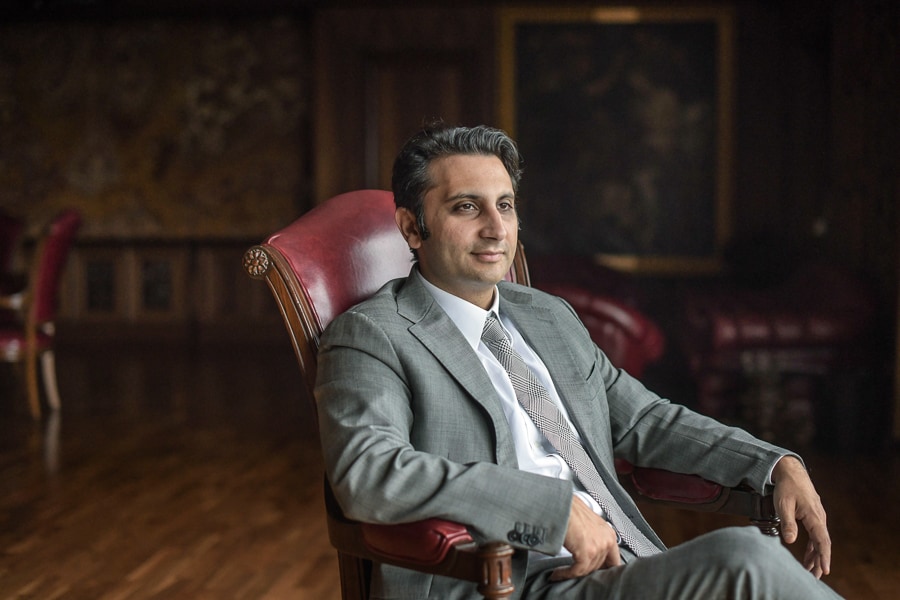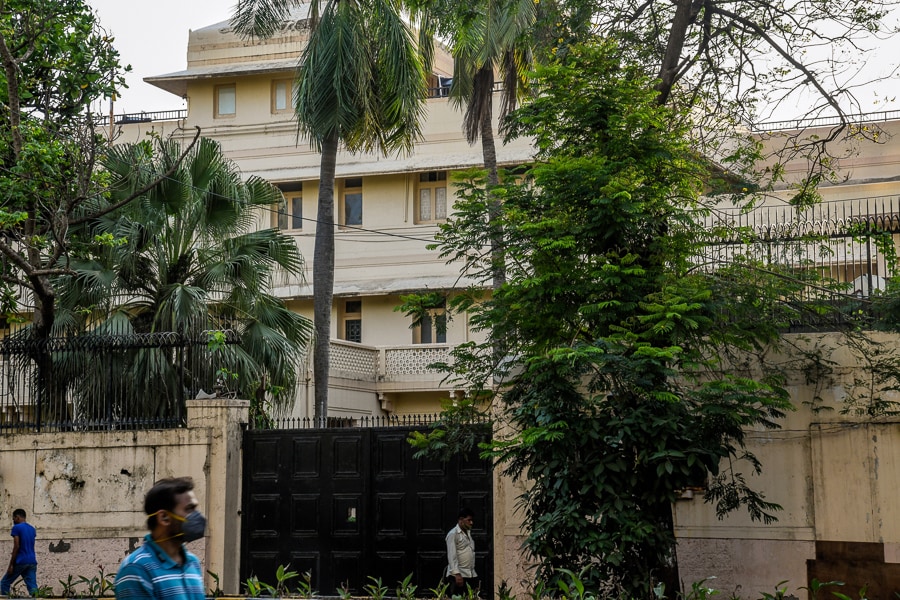
Why are India and the US sparring over a $110 million Mumbai mansion?
The intended buyer is the Poonawalla family, India's vaccine tycoons, who have been in the spotlight this year for cranking out hundreds of millions of Covid-19 vaccine doses
 Adar Poonawalla in Pune, India, on July 10, 2021. For unknown reasons the Indian government has blocked the sale of Lincoln House, the former U.S. consulate in Mumbai, to the Poonawala family; Image: Atul Loke/The New York Times
Adar Poonawalla in Pune, India, on July 10, 2021. For unknown reasons the Indian government has blocked the sale of Lincoln House, the former U.S. consulate in Mumbai, to the Poonawala family; Image: Atul Loke/The New York Times
MUMBAI — Earlier this year, when Secretary of State Antony J. Blinken was up for confirmation in Washington, he was hit with a strange question about a piece of property 8,000 miles away on the Arabian Sea.
Lincoln House, a former maharajah’s palace and U.S. consulate in Mumbai, was supposed to have been sold six years ago for $110 million. Ever since, the United States has been trying to transfer the property to one of the richest families in India, now among the major makers of COVID-19 vaccines, but for unknown reasons the Indian government has been blocking it.
The dispute is “an unnecessary irritant in bilateral ties,” Sen. James E. Risch, R-Idaho, said in a written question to Blinken during the confirmation hearing. “Do you commit to making the resolution of the Lincoln House issue a priority with India, and to directing the U.S. Ambassador to India to do the same?”
“Yes,” Blinken said, and this week he will have a chance to prove his word.
On Tuesday, he is scheduled to arrive in India for his first trip to the country as secretary of state, and congressional and administration officials say he intends to bring up this moldering mansion that is becoming something of a diplomatic black hole.
©2019 New York Times News Service



 Lincoln House, the former U.S. consulate in Mumbai, on July 1, 2021. For unknown reasons the Indian government has blocked the sale of the mansion to the Poonawala family; Image: Atul Loke/The New York Times
Lincoln House, the former U.S. consulate in Mumbai, on July 1, 2021. For unknown reasons the Indian government has blocked the sale of the mansion to the Poonawala family; Image: Atul Loke/The New York Times



